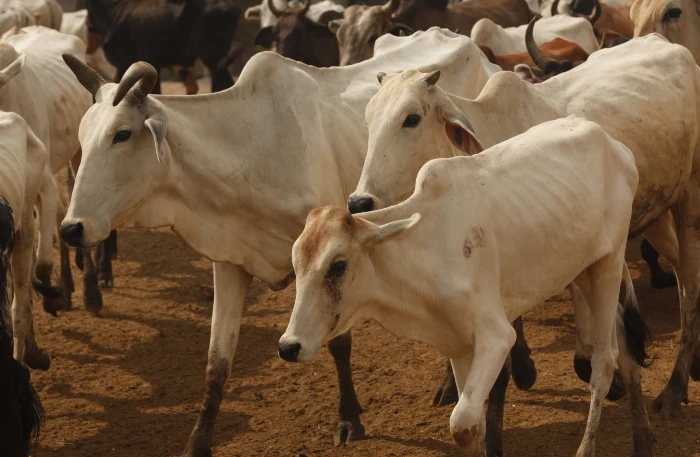The National Innovation Foundation (NIF), an autonomous institute of the Department of Science and Technology, has developed a medicine to treat Mastitis – an infectious disease of dairy cattle – after utilising indigenous knowledge system shared by a farmer from Gujarat.
The poly-herbal and cost-effective medicine called Mastirak Gel has reduced the use of antibiotics and helped in the cost-effective management of the infectious disease which affects farm productivity due to fall in milk quality.
A gel preparation has been developed for topical application over the affected udder surface and a patent has been filed for this composition shared by farmer Becharbhai Samatbhai Devgania, the Ministry of Science and Technology said today.
According to the government, dairy owners in eight states of Gujarat, Rajasthan, Haryana, Madhya Pradesh, Kerala, Karnataka, Maharashtra and Chhattisgarh have benefited by adopting Mastirak-anti mastitis herbal medication.
It was found that the medication could minimize Somatic Cell Count (SCC) and improve the udder health. The Somatic Cell Count is a parameter noted globally and efforts are fine-tuned in reducing the SCC in milk at standard limit.
The polyherbal medicine reduces inflammation which is detrimental to the udder. This critical analysis of the indigenous knowledge system led to development of value-added commercial product Mastirak.
The NIF believes that indigenous knowledge systems can offer a more sustainable alternative and their scientific evaluation is necessary to integrate these medications in the healthcare system.
Also Read: All eyes on India's Northeast – the gateway to southeast Asia – as an emerging Bio-Economic Hub




















